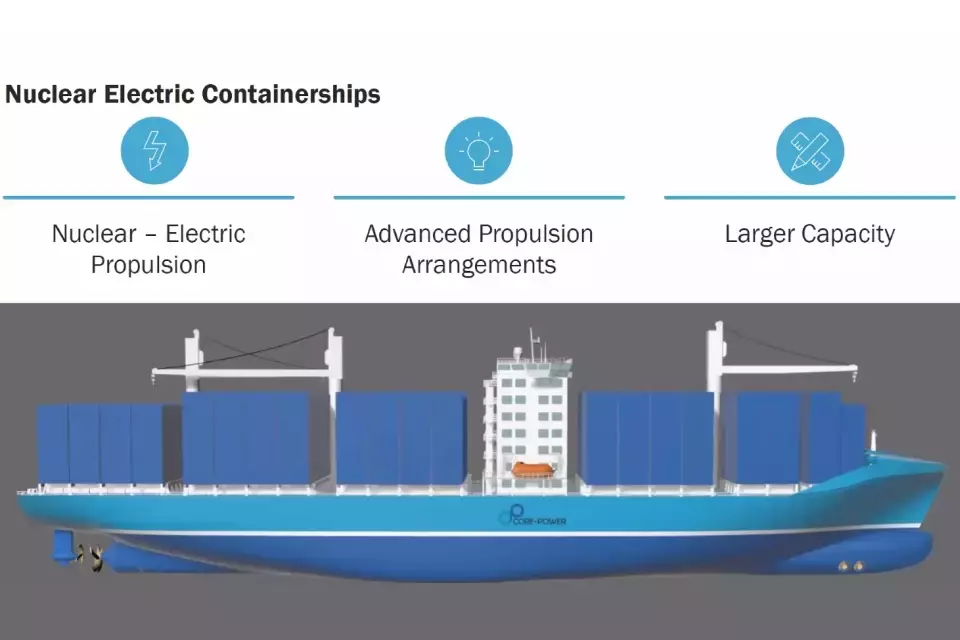Introduction to Nuclear-Powered Maritime Shipping
The maritime industry is experiencing significant changes, with sustainability and environmental impact reduction becoming increasingly important. One innovative approach being considered is nuclear power for maritime shipping. The U.S. Department of Energy has emphasized nuclear power’s potential in maritime shipping due to its efficiency, reliability, and reduced carbon footprint. This article explores the key aspects of nuclear-powered maritime shipping, examining its benefits, challenges, and future prospects.
A Cleaner Alternative
Nuclear power provides a cleaner alternative to traditional fossil fuels, producing no greenhouse gas emissions during operation. This makes it an appealing option for the maritime industry, which faces growing pressure to lower its environmental impact. By embracing nuclear power, shipping companies can significantly cut their carbon footprint, contributing to a more sustainable future for the industry.
Efficiency and Reliability
Nuclear-powered ships have the potential to be more efficient and reliable than traditional vessels. Nuclear reactors can operate for extended periods without refueling, reducing the need for frequent port stops and enhancing overall vessel efficiency. This reliability is crucial for maritime shipping, where delays and downtime can have significant economic and logistical consequences.
Safety Considerations
Safety is a primary concern in the maritime industry, and nuclear-powered ships are designed with multiple safety features to prevent accidents. These features include robust containment structures, cooling systems, and emergency core cooling systems. While the risk of accidents cannot be entirely eliminated, nuclear-powered ships have an impressive safety record, with no major incidents reported to date.
International Regulations and Standards
The use of nuclear power in maritime shipping is governed by international regulations and standards. The International Maritime Organization (IMO) and the International Atomic Energy Agency (IAEA) have established guidelines and protocols for the safe operation of nuclear-powered ships. These regulations ensure that nuclear-powered vessels are designed, constructed, and operated in accordance with strict safety and environmental standards.
Future Prospects and Challenges
While nuclear-powered maritime shipping offers numerous benefits, it also presents significant challenges. The high upfront costs of building nuclear-powered ships, public perception and acceptance, and the need for specialized infrastructure and training are just a few of the obstacles that must be overcome. Nevertheless, many experts believe that nuclear power has the potential to play a significant role in the future of maritime shipping as the industry continues to prioritize sustainability.
Conclusion
Nuclear-powered maritime shipping is an innovative and promising approach to reducing the environmental impact of the maritime industry. With its potential for efficiency, reliability, and reduced carbon emissions, nuclear power is an attractive option for shipping companies seeking to transition to more sustainable operations. Although challenges exist, the benefits of nuclear-powered maritime shipping make it an exciting area of exploration for the industry. As the maritime industry evolves, nuclear power is likely to play an increasingly important role in shaping its future.


Leave a Reply